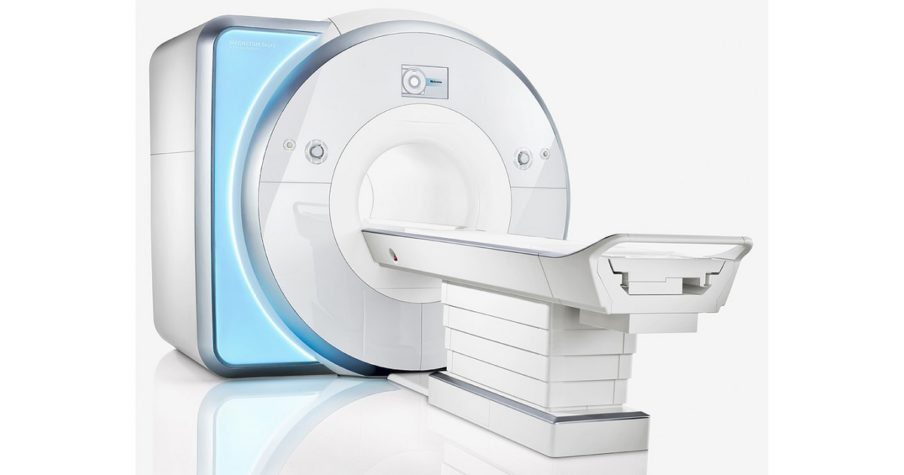Computed Tomography (CT) and Magnetic Resonance Imaging (MRI) scans both provide diagnostic images of the inside of your body. However, they accomplish this important task in very different ways. Here are a few key differences between CT scans and MRI scans.
Radiation
CT uses x-ray technology to produce diagnostic images. These x-rays require a small dose of ionizing radiation. Basically, the CT scanner rotates on an axis, taking multiple 2D images of a person’s body from different angles. When a computer places all of these cross-sectional images together on a monitor, the result is a 3D image of the inside of the body that can reveal the presence of disease or injury to a physician.
MRI scans do not work this way. Instead of using ionizing radiation, MRI uses radio waves and powerful magnets to produce diagnostic images. An MRI scanner can apply a magnetic field that lines up all of your body’s protons. Radio waves are applied to these protons in short bursts, which in turn relate a signal that is picked up by the MRI scanner. A computer processes this signal and generates a 3D image of the segment of the body being examined.
Time
CT scans typically take diagnostic images more quickly than MRI scans. For example, a CT scan may be completed in less than five minutes while MRI’s take an average of 30-45 minutes.
Purpose
CT scans and MRIs are also used for different purposes, although either can be used in some instances. CT scans are extremely helpful in diagnosing serious injuries to the head, chest, abdomen, spine and pelvis, especially fractures. CT scans are also used to pinpoint the size and location of tumors.
MRIs, on the other hand, often do a better job of diagnosing issues in your soft tissues, joints, tendons and ligaments. Doctors frequently order MRIs to scan the brain, spine, neck, breast, abdomen and muscles. MRI is a particularly good tool for evaluating the spine and spinal ligaments. MRI exams are performed at nearly all Capitol Imaging Services locations, with CT performed at select facilities. All of our centers are accredited in both modalities by the American College of Radiology, meeting or exceeding standards set for quality, technology, reporting and radiology expertise.
Click here to send us a secure email requesting appointment assistance. Choose Capitol Imaging Services: doctor trusted and patient preferred.


